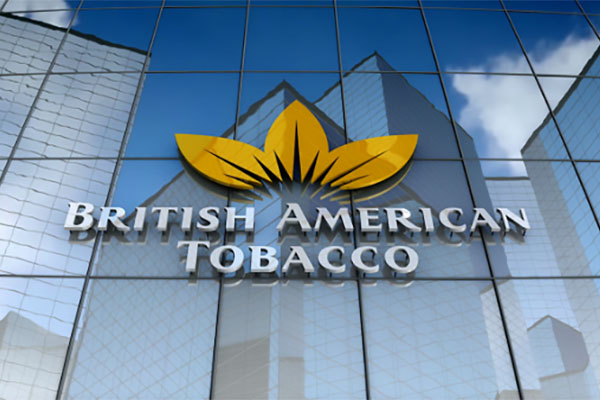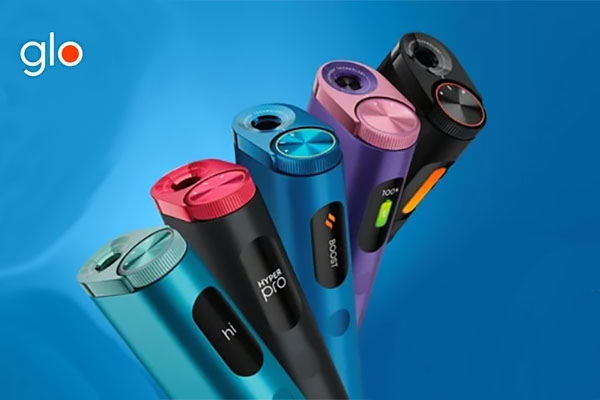British American Tobacco (Malaysia) Bhd announced new cigarette prices ranging from RM12.40 to RM18.40 per pack, effective November 21, following the government’s Budget 2026 excise duty increase. The move, approved by the Ministry of Health, marks the first excise adjustment in a decade and comes at a critical time for the company’s market positioning.
BAT Malaysia managing director Nedal Salem said the moderate increase was a “step in the right direction” given Malaysia’s economic environment, but warned that steep hikes in the past have fueled the tobacco black market, which now accounts for 54% of total cigarette consumption. With illicit trade eroding legitimate sales, BAT Malaysia’s ability to maintain market share hinges on balancing affordability with regulatory compliance.
Industry analysts note that while higher prices could pressure consumer demand, BAT Malaysia stands to benefit from stronger enforcement against contraband. Government crackdowns saved RM15.5 billion ($3.7 billion) in lost revenue over the past two years, and a new RM700 million ($168 million) allocation for enforcement in 2026 is expected to further curb illegal trade. Salem emphasized that BAT Malaysia fully supports these initiatives, positioning the company to protect its sales base and stabilize market share despite the excise-driven price adjustment.










